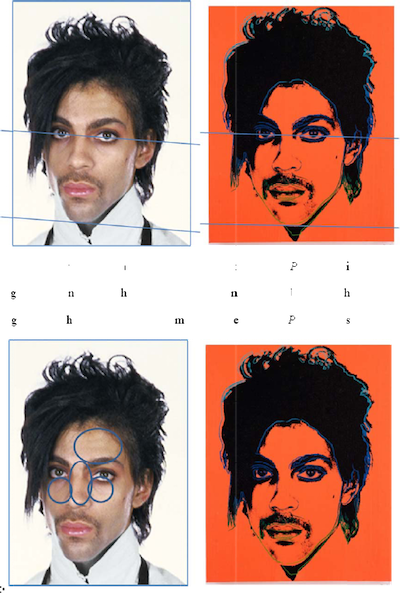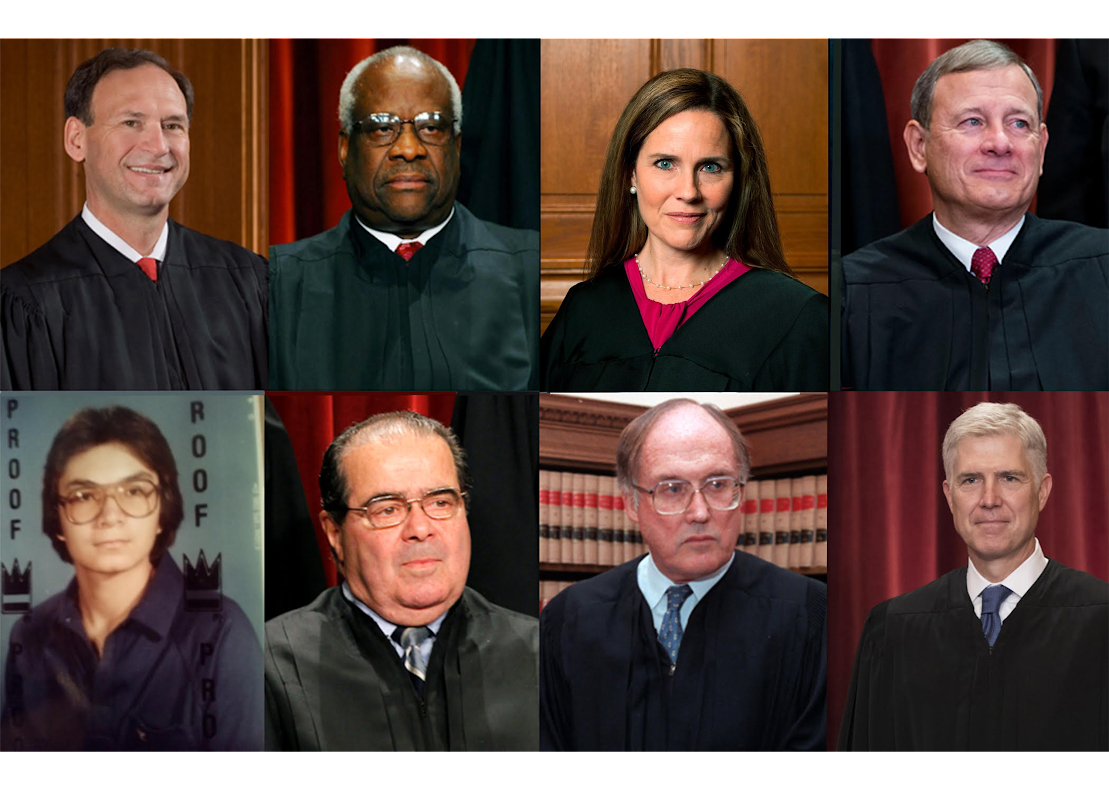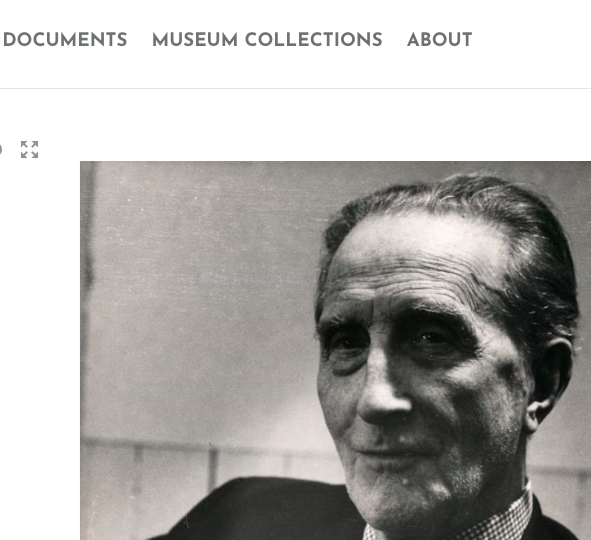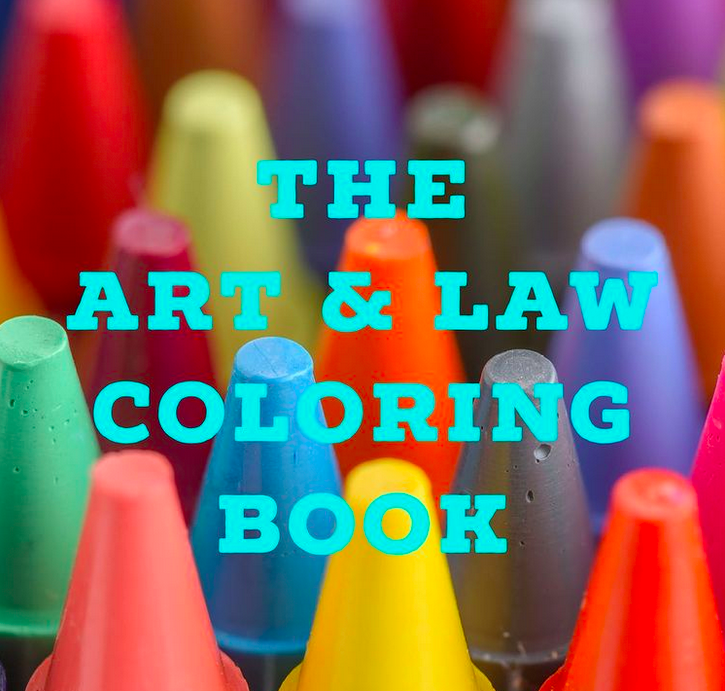Professor Michael Baur of Fordham Law sent us information on a great panel event at Fordham Law School focusing on Peñalver and Katyal’s new book, Property Outlaws. The event is free and open to the public, though practicing attorneys may also earn CLE.
Click here for more information and registration.
Date(s): 02.04.10 | Thur
Time: 6:00pm
Location: Fordham Law School, James B.M. McNally Amphitheatre
Sponsor: Natural Law Colloquium
“Property Outlaws: On Ownership, Law, Morality, and Disobedience”
Professors Katyal and Peñalver are co-authors of Property Outlaws: How Squatters, Pirates, and Protesters Improve the Law of Ownership (Yale University Press), a new book which explores the relationships between law, morality, and disobedience in the evolution of our social practices involving ownership.
Sonia K. Katyal is Professor of Law at Fordham Law School . She received her A.B. from Brown University , and her J.D. from the University of Chicago Law School. Upon completion of law school, Professor Katyal clerked for the Honorable Carlos Moreno (now a California Supreme Court Justice) in the Central District of California, and then the Honorable Dorothy Nelson in the U.S. Court of Appeals for the Ninth Circuit. Her work focuses on intellectual property, civil rights, new media technologies, and the impact of artistic expression on issues in property law. Her scholarly work has appeared in prominent legal publications which include the Texas Law Review , the Yale Law Journal , the University of Pennsylvania Law Review , and the UCLA Law Review .
Eduardo M. Peñalver is Professor of Law at Cornell Law School . He received his B.A. from Cornell University and his law degree from Yale Law School . After law school, he clerked for Judge Guido Calabresi of the United States Court of Appeals for the Second Circuit, and then for Justice John Paul Stevens of the United State Supreme Court. His research focuses on property and land use, as well as on the relationship between law and religion. His articles have appeared in a number of leading law reviews, including the Columbia Law Review , the Virginia Law Review , and the University of Pennsylvania Law Review , and the Yale Law Journal.







